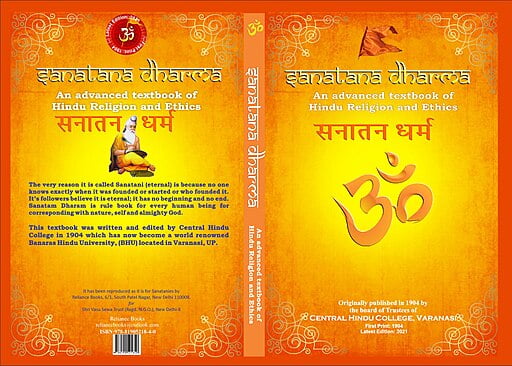What is Hinduism?
It is one of the oldest and most complex religions in the world. It originated in ancient India and has evolved over thousands of years. Hinduism has influenced the culture, philosophy, and spirituality of India and has spread to other parts of the world. If you are interested in exploring Hinduism, this article provides a brief overview of its origins, beliefs, and practices.
Understanding Hinduism: A Brief Overview
Hinduism is a diverse and complex religion with various traditions, practices, and beliefs. It is not a single religion but a collection of spiritual and cultural practices that have evolved over thousands of years. Has no single founder, scripture, or central authority, and it is not based on a particular set of beliefs or dogmas.
Is a way of life that emphasizes spiritual growth, self-realization, and the pursuit of happiness and fulfillment. It encompasses a range of beliefs, practices, and rituals that are designed to help individuals achieve these goals. Hinduism teaches that all beings are part of a universal consciousness or Brahman and that the ultimate goal of life is to realize this unity and attain liberation from the cycle of birth and death.
The Origins and Beliefs of Hinduism
The word Hinduism is a recent word used by visiting travelers from Arabia, Persia and during British occupation, from ancient times Hinduism is referred to as Sanatana Dharma.
The origins are in the Indian sub-continent in the form of ancient texts called Vedas.
Over time evolved and absorbed various cultural and religious influences, including Buddhism, Jainism, and the Vedas. The Vedas are a collection of ancient texts. They contain hymns, prayers, and philosophical teachings that explore the nature of the universe, the human condition, and the divine.
Hinduism is based on a complex system of beliefs and practices that are designed to help individuals achieve spiritual growth and enlightenment. One of the core beliefs is the concept of Karma, which teaches that every action has consequences and that individuals must accept the consequences of their actions, both good and bad. Another important belief is Dharma, which refers to the moral and ethical obligations that individuals must fulfill in order to lead a virtuous and fulfilling life.
Places great emphasis on the pursuit of knowledge and wisdom. The Upanishads, a collection of philosophical texts, explore the nature of reality and the human condition. They discuss topics such as the nature of the self, the nature of the universe, and the relationship between the two.
Known for its rich tradition of mythology, which includes stories and legends about deities such as Brahma, Vishnu, and Shiva. These stories are often used to teach moral and ethical lessons and to illustrate the teachings of the Vedas and other scriptures.
In conclusion, Hinduism is a rich and complex religion that has evolved over thousands of years. It is based on a system of beliefs and practices that are designed to help individuals achieve spiritual growth and enlightenment. Hinduism has influenced the culture, philosophy, and spirituality of India and has spread to other parts of the world. If you are interested in exploring Hinduism, there are many resources available that can help you learn more about this fascinating and ancient religion.
The below discusses what is Hinduism and why many gods and devatas
https://www.youtube.com/live/zwYRKKaXU1I?feature=share
Image credit
Manishbhatia3112, CC BY-SA 4.0, via Wikimedia Commons
